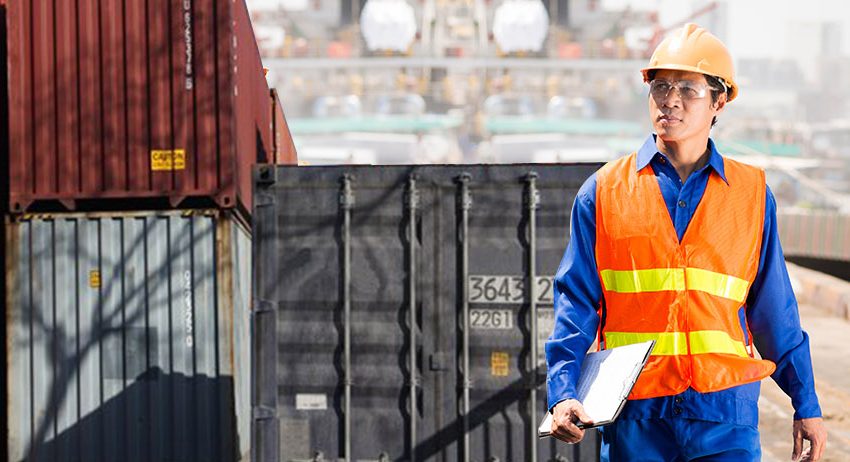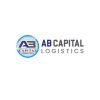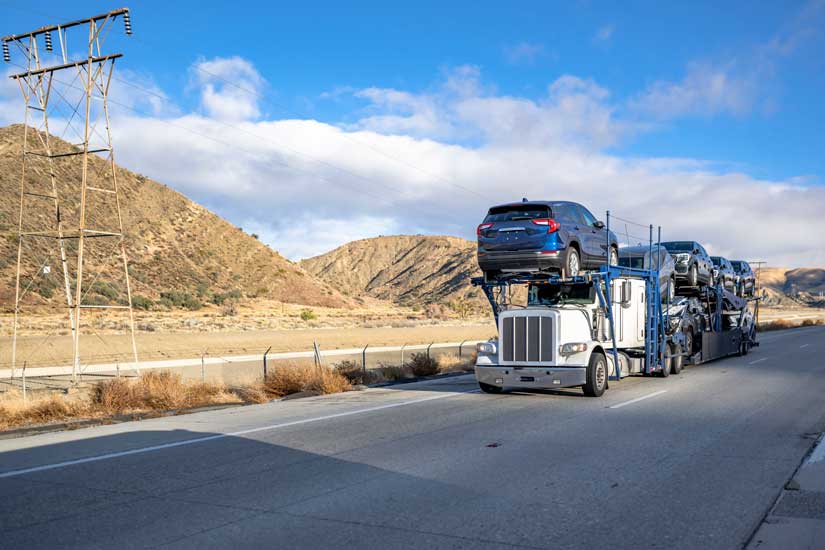The Ultimate Guide to Efficient Customs Clearance for Businesses

Customs clearance is a critical aspect of international trade. It involves the preparation and submission of documents required to facilitate the export or import of goods into a country. For businesses engaged in cross-border trade, efficient customs clearance is essential to avoid delays, minimize costs, and ensure compliance with local regulations. Provides valuable insights into streamlining the customs clearance process and highlights the role of Customs Clearance services and 3PL Services in achieving this goal.
Understanding the Customs Clearance Process
The customs clearance process involves several steps that must be carefully managed to ensure smooth and efficient movement of goods across borders. Here’s an overview of the key stages involved:
1. Documentation Preparation
Proper documentation is the cornerstone of a successful customs clearance process. Businesses must prepare and submit various documents, including commercial invoices, packing lists, certificates of origin, and bills of lading. Each country has its specific requirements, so it’s crucial to stay informed about the necessary paperwork for the destination country.
2. Compliance with Customs Regulations
Each country has its customs regulations that govern the import and export of goods. Compliance with these regulations is essential to avoid penalties, fines, or even the seizure of goods. Businesses must ensure that their products meet all the necessary standards, including labeling, packaging, and safety requirements.
3. Tariff Classification
Correct tariff classification is vital for determining the duties and taxes applicable to the imported goods. Businesses should accurately classify their products according to the Harmonized System (HS) codes, which are standardized across most countries. Misclassification can lead to incorrect duty payments and potential legal issues.
4. Payment of Duties and Taxes
Once the goods are classified, businesses must calculate and pay the applicable duties and taxes. This payment is typically made before the goods are released by customs. It’s essential to ensure accurate calculations to avoid overpayment or underpayment, which can lead to delays in the clearance process.
5. Customs Inspection
Customs authorities may inspect the goods to verify the accuracy of the documentation and ensure compliance with regulations. This inspection can be physical or through scanning technologies. Businesses should be prepared for potential inspections and cooperate fully with customs officials to expedite the process.
Strategies for Efficient Customs Clearance
Achieving efficient customs clearance requires a proactive approach and careful planning. Here are some strategies that businesses can implement to streamline the process:
1. Leverage Professional Customs Clearance Services
One of the most effective ways to ensure efficient customs clearance is to engage professional Customs Clearance services. These services specialize in handling all aspects of the customs process, from documentation to compliance and tariff classification. By partnering with experts, businesses can navigate the complexities of customs regulations and avoid costly delays.
2. Utilize 3PL Services for End-to-End Logistics Support
Third-party logistics (3PL) providers offer comprehensive supply chain solutions, including transportation, warehousing, and distribution. Leveraging 3PL Services can significantly enhance the efficiency of customs clearance by providing end-to-end support. These providers have the expertise to manage the entire logistics process, ensuring that goods move seamlessly from the point of origin to their final destination.
3. Stay Informed About Regulatory Changes
Customs regulations are subject to change, and staying informed about these changes is crucial for efficient clearance. Businesses should regularly monitor updates from customs authorities and trade organizations to ensure compliance with the latest requirements. This proactive approach helps in avoiding surprises and potential delays at the border.
4. Invest in Technology Solutions
Technology plays a vital role in streamlining the customs clearance process. Businesses can invest in customs management software that automates documentation, tariff classification, and compliance checks. These solutions reduce the risk of human error, speed up the process, and provide real-time visibility into the status of shipments.
5. Establish Strong Relationships with Customs Authorities
Building strong relationships with customs authorities can be beneficial for businesses engaged in international trade. By maintaining open lines of communication and demonstrating a commitment to compliance, businesses can foster goodwill with customs officials. This relationship can help expedite the clearance process and resolve any issues that may arise.
The Role of 3PL Services in Customs Clearance
3PL Services play a crucial role in facilitating efficient customs clearance for businesses. These providers offer a range of services that complement the customs process, including:
- Documentation Management: 3PL providers handle the preparation and submission of all required documents, ensuring accuracy and compliance with customs regulations.
- Tariff Classification: Expert tariff classification by 3PL providers ensures that businesses pay the correct duties and taxes, avoiding potential disputes with customs authorities.
- Transportation and Warehousing: 3PL services extend beyond customs clearance to include transportation and warehousing solutions. This end-to-end support ensures that goods move efficiently through the supply chain.
- Real-Time Tracking: 3PL providers offer real-time tracking and visibility into the status of shipments, allowing businesses to monitor progress and address any issues promptly.
By partnering with a reliable 3PL provider, businesses can focus on their core operations while leaving the complexities of customs clearance and logistics to the experts.
Efficient customs clearance is essential for businesses engaged in international trade. By understanding the customs process, leveraging professional Customs Clearance services, and utilizing 3PL Services, businesses can navigate the complexities of cross-border trade with ease. Implementing the strategies outlined in this guide will help businesses minimize delays, reduce costs, and ensure compliance with customs regulations, ultimately contributing to a smooth and successful global supply chain.




